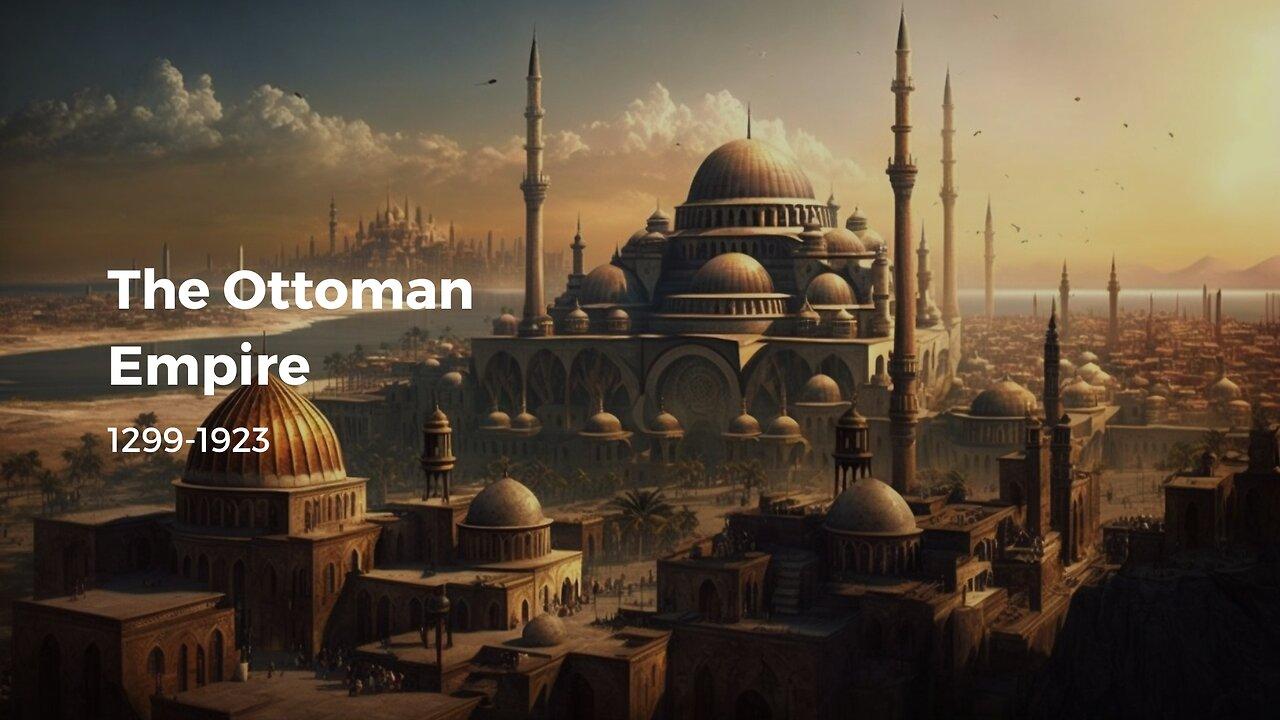
The Ottoman Empire was one of the most powerful and influential civilizations in world history.
In this video, we’ll take a closer look at the history of the Ottoman Empire, from its origins to its decline.
The Ottoman Empire was founded in 1299 by Osman I, a Muslim warrior who led a small group of fighters against the Byzantine Empire.
Over the next few centuries, the Ottomans conquered vast territories, including much of Eastern Europe, North Africa, and the Middle East.
They established a centralized government, known as the Sublime Porte, and became known for their military might and their tolerance of religious and cultural diversity.
The 16th century was the golden age of the Ottoman Empire.
Under the reign of Sultan Suleiman the Magnificent, the Ottomans reached the height of their power and influence.
During this time, the Ottomans were known for their impressive architecture, such as the Blue Mosque and the Topkapi Palace in Istanbul.
They also developed a rich culture, including literature, music, and art.
In the 18th and 19th centuries, the Ottoman Empire began to decline.
They were weakened by corruption, economic stagnation, and military defeats.
They lost territory to European powers, including Greece and Serbia, and struggled to modernize their society and economy.
In the 20th century, the Ottoman Empire was dissolved, and the modern state of Turkey was established.
The Ottoman Empire had a lasting impact on world history and culture.
Their legacy can be seen in the architecture of their cities, the cuisine of their people, and the cultural traditions of their society.
They also left a lasting impact on the Islamic world, influencing the development of Islamic art, music, and literature.
The Ottoman Empire was one of the most powerful and influential civilizations in world history, with a rich culture, impressive military might, and a legacy that still resonates today.




